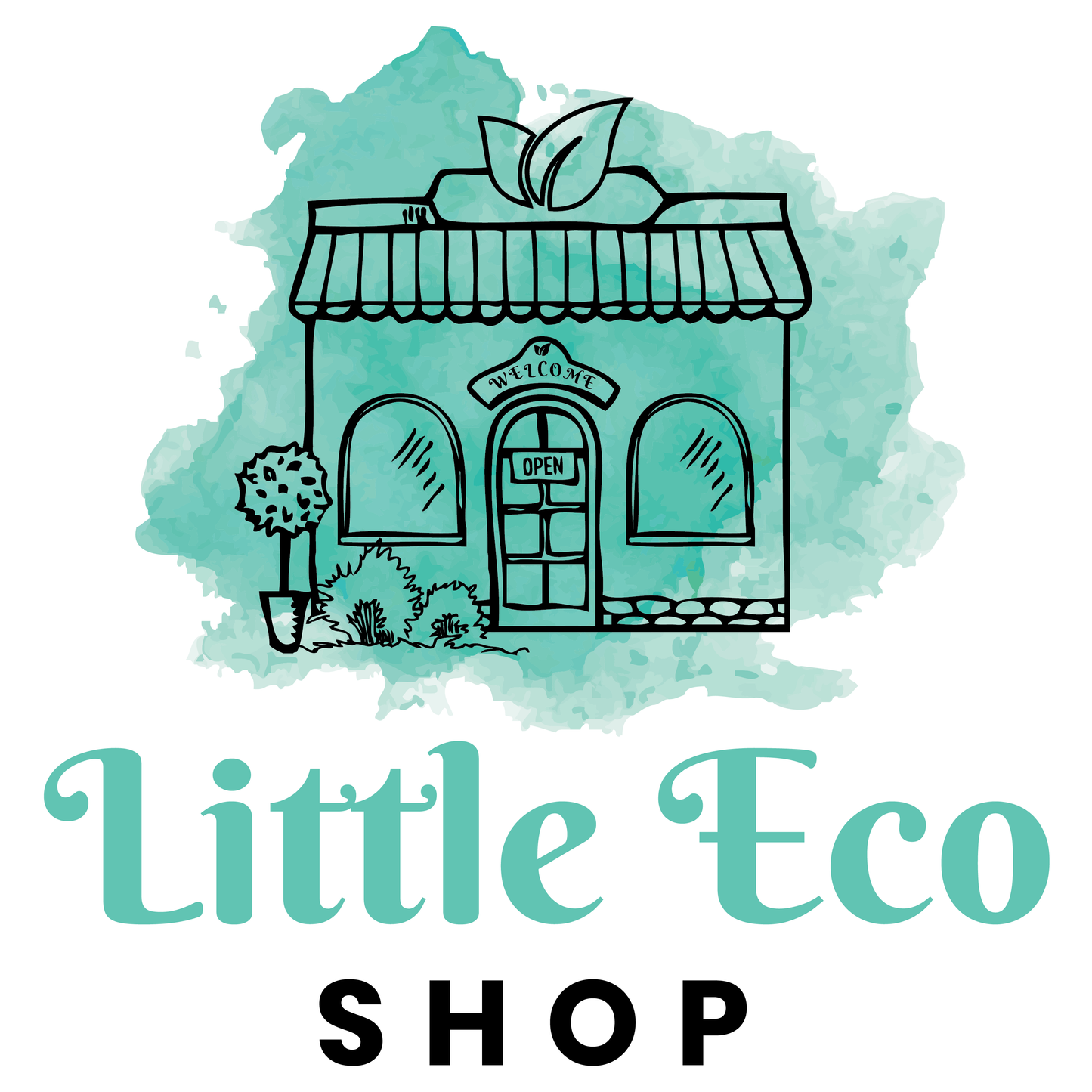
There has never been a better time to practice sustainability at the micro-level: in our homes and small businesses.
The earth has a chronic, spiking temperature; massive ice shelves are melting into the sea; our oceans are teeming with plastic; and bee populations are vanishing before our eyes.
As a child, my yard was alive with natural wonders–a verdant oasis, populated by snails, bees, ladybirds, caterpillars and butterflies. Now, a wander outside reveals sunburned plant life; those fascinating backyard natives, devastatingly sparse.
I happen across a handful of plastic waste, each time I stroll to the nearby park, or beach, idle prey, ready to claim animal lives.
Many of us are waking up to the damage caused by decades of poor environmental choices, implementing eco-friendly practices, consuming less and opting for green alternatives to plastics and chemicals.
When we commit to unburdening the environment, our small and mighty efforts spark a snowball effect, inspiring others to act. It is vital that we foster compassion for the earth in our young people, gathering greater momentum in the shift towards a greener world.
Children have an innate affinity for the earth–they frolic, blissfully, in dirt and grass, marvelling at flowers and insects. For this reason, it is easy to foster environmental responsibility, early on, setting kids up for a lifetime of ethical and constructive choices that will bolster our planet’s health. Here’s how:
1. Go Outside!
It sounds simple, but our ever-hectic lifestyles make outside time no easy feat. Encourage outdoor play and get out there with them! Go for bushwalks, spend time at the beach, visit the zoo, or simply wander into your own backyard and talk about the plants and animals you find there.
Setting up environments in the yard that attract wildlife, will create an exciting reason for kids to venture outside. What type of bird or insect will we spot today? How can we identify a species that we haven’t seen before?
The Woodsman solitary bee house is a beautiful addition to any outdoor space and provides an ideal environment for native solitary bees. Solitary species, such as Reed Bees, Leafcutters and Carpenter Bees, do not build hives and produce honey, but they will certainly help your garden to flourish, providing an abundance of free labour.
You can also provide a haven for birds, with the Eco Bird Feeder, by Ashortwalk.
Made from recycled plant pots, you simply hang it in your yard, attach from unwanted food and watch as dozens of new pals come to visit.
2. Garden together
Growing a fruit and veggie patch with kids allows them to witness the magic of the earth at work. Watching their pride and amazement, as they harvest and eat the food they’ve grown is truly special.
You only need a small area to create a garden bed or, failing that, opt for potted plants on your windowsill. Our Herb Kit and Flower Kit, complete with recycled plastic pots, are particularly suited to small homes and gardens.
Allowing young ones to select, and plant, their seeds and care for their patch, fosters a sense of ownership, and appreciation for the fruits of the soil. Growing an edible garden also saves on your grocery bill and helps your family to avoid unnecessary chemical sprays.
Little Veggie Patch Co offers a fantastic range of seed kits, including leafy greens, kids favourites, culinary herbs and edible flowers to get your edible garden up and growing.
3. Set the example
The onus is on us, as mums, dads and caregivers, to model respect for the earth, but also to teach our young ones why we live sustainably.
You might buy reusable products for the home, but do the kids know what they are, and why they matter?
They see you heave cardboard and plastic into the yellow bin, but do they know the difference between garbage and recycling?
Kids need to know the reasoning behind our efforts, or they won’t be motivated to emulate them.
Use every-day experiences as a teaching opportunity: collect litter as a family; reuse recyclables for storage and craft; purchase waste-free alternatives together. Your stellar example is the best way to encourage conscious, compassionate behaviours in your younglings.
Ultimately, our children will be the caretakers of the planet, long after we’re gone. It is our duty to spark their love for the earth–it will be their brilliant minds, which innovate solutions to save it. Growing sustainability starts today, it starts with us and there isn’t a second to waste.
